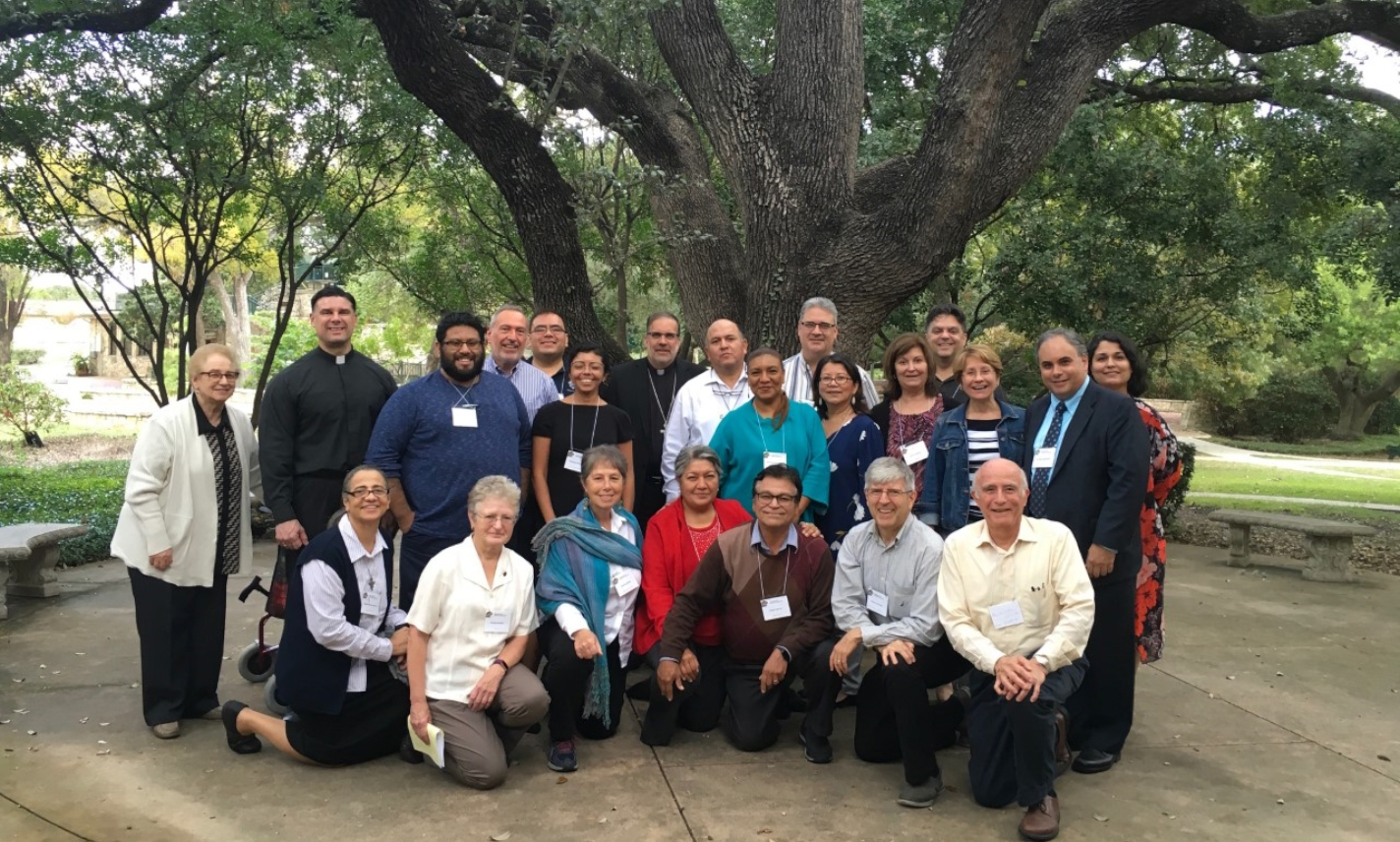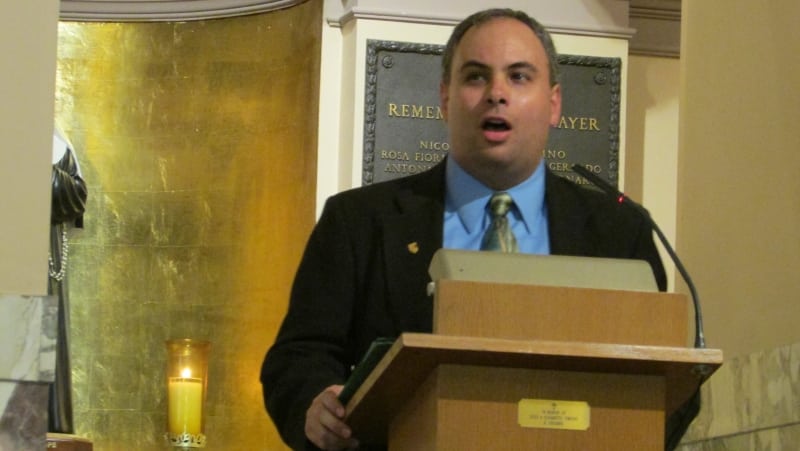One of the opportunities I have as Assistant Director of Certification for Ecclesial Ministry and Service at the United States Conference of Catholic Bishops (USCCB), is to record video reflections on the readings of the Scriptures proclaimed at daily Mass. I do so as part of larger group of colleagues at the Conference, along with lay and ordained leaders from around the country. I am grateful for the opportunity to reflect on the meaning of the readings for the life of faith today and to share them here, along with the written text of the reflections. To view these video reflections for past and upcoming celebrations of the Eucharist, visit the USCCB website.
Saturday of the Fifth Week in Ordinary Time – Year 1 | February 16, 2019
In his 2015 encyclical Laudato Si’, Pope Francis interprets today’s first reading from the book of Genesis from the perspective of humanity’s relationship to God, to one another and to the earth, all damaged by the sinfulness that is an inextricable part of fallen human nature. The Pope writes:
“The creation accounts in the book of Genesis contain, in their own symbolic and narrative language, profound teachings about human existence and its historical reality. They suggest that human life is grounded in three fundamental and closely intertwined relationships: with God, with our neighbour and with the earth itself. According to the Bible, these three vital relationships have been broken, both outwardly and within us. This rupture is sin. The harmony between the Creator, humanity and creation as a whole was disrupted by our presuming to take the place of God and refusing to acknowledge our creaturely limitations. This in turn distorted our mandate to “have dominion” over the earth, to “till it and keep it”. As a result, the originally harmonious relationship between human beings and nature became conflictual.”
In contrast to the circumstances of disrupted and broken relationships which human sinfulness causes, the Gospel according to Mark presents Jesus in a very different way of relating to persons and creation.
When Jesus encounters the crowd of people who have come to hear him teach, and are then very hungry in the hot desert, he doesn’t blame his disciples or the crowd for their hunger, like Eve and Adam pass the blame for their actions in the Genesis story. He doesn’t berate the crowd for being unprepared for their needs.
Instead his heart is moved with pity. He loves the people.
However, his disciples, who just a few chapters earlier in the story saw him feed an even larger crowd seem to have forgotten this already, are thinking in terms of ‘things’ they can use or do to solve a problem, namely find another place where the people can be fed.
Jesus however gives thanks to God for the few loaves of bread and fish they have, takes them, gives thanks, breaks the loaves and shares them, together with the fish. “He thanked, he took, he broke, and he gave” – these are all verbs we hear in the story of the Last Supper and in the Eucharistic Prayer at Mass. They show how Jesus relates to creation as God’s gift – understanding that the fruits of creation are there to be shared with all. And so he is able to work a wonderous deed – a miraculous feeding of all!
The Pope says as much about Jesus’ relationship to creation in Laudato Si. To quote the Holy Father again:
“Jesus took up the biblical faith in God the Creator, emphasizing a fundamental truth: God is Father…. The Lord was able to invite others to be attentive to the beauty that there is in the world because he himself was in constant touch with nature, lending it an attention full of fondness and wonder…. Jesus lived in full harmony with creation, and others were amazed.”
As we hear the words of thanks in the psalm for God’s refuge and protection provided freely in every age, let us be mindful of our personal and social failure to care for the created world as a gift and our sinfulness in placing power and things over the call to love and care for people as Jesus did. And let us pray as the psalmist did, for wisdom of heart to turn away from those sins and towards the maker of all who calls us back to right relationship.
God give you peace!


 Request Dr. DelMonico's professional services for a liturgical, ministerial or leadership consultation, or for an academic or public presentation.
Request Dr. DelMonico's professional services for a liturgical, ministerial or leadership consultation, or for an academic or public presentation.